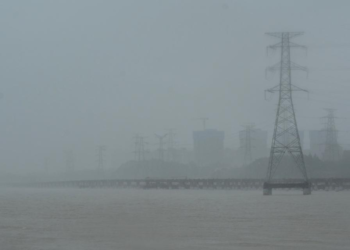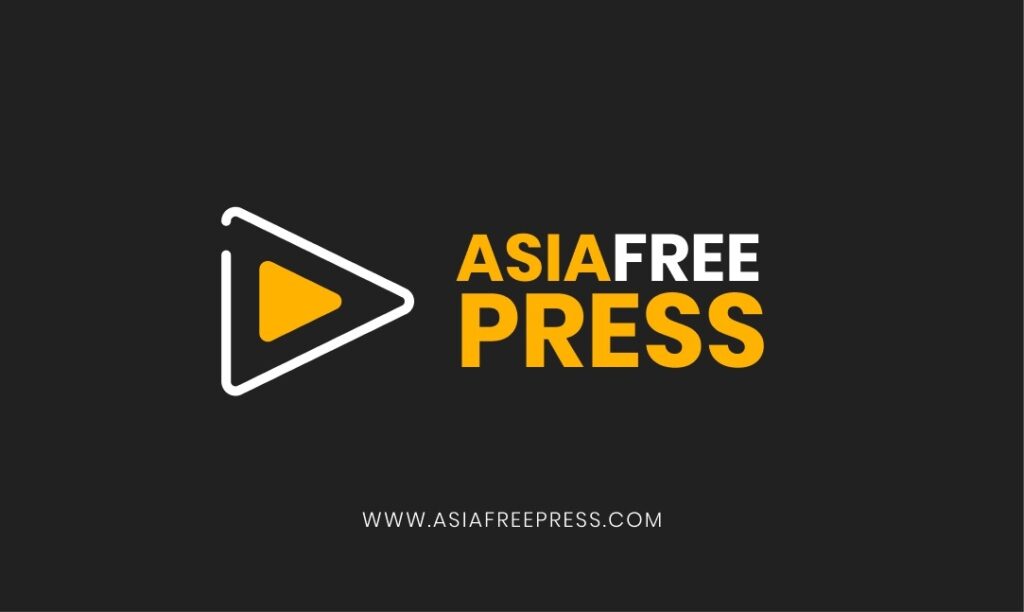Australian researchers have developed a groundbreaking test to identify leukemia patients who are candidates for lifelong treatment-free remission (TFR).
In a research paper published on Thursday, scientists led by a team from the South Australian Health and Medical Research Institute (SAHMRI) made a major breakthrough in effectively curing chronic myeloid leukemia (CML).
The culmination of six years of research, the test can accurately determine if a patient is suitable to safely stop undergoing treatment for CML.
“With this discovery, we move the conversation for people with CML from one of lifelong disease control to one of cure,” Ilaria Pagani, the first author of the research from the SAHMRI and University of Adelaide, said in a media release on Thursday.
“With the test we have developed, we can predict with a high degree of accuracy who will have an excellent probability of ongoing TFR.”
According to the U.S.-based Leukemia and Lymphoma Society (LLS), TFR is achieved when a CML patient maintains a deep molecular response (DMR) after undergoing tyrosine kinases inhibitors (TKI) therapy and does not need to restart treatment. CANBERRA, Sept. 14 (Xinhua/APP) –:Australian researchers have developed a groundbreaking test to identify leukemia patients who are candidates for lifelong treatment-free remission (TFR).
In a research paper published on Thursday, scientists led by a team from the South Australian Health and Medical Research Institute (SAHMRI) made a major breakthrough in effectively curing chronic myeloid leukemia (CML).
The culmination of six years of research, the test can accurately determine if a patient is suitable to safely stop undergoing treatment for CML.
“With this discovery, we move the conversation for people with CML from one of lifelong disease control to one of cure,” Ilaria Pagani, the first author of the research from the SAHMRI and University of Adelaide, said in a media release on Thursday.
“With the test we have developed, we can predict with a high degree of accuracy who will have an excellent probability of ongoing TFR.”
According to the U.S.-based Leukemia and Lymphoma Society (LLS), TFR is achieved when a CML patient maintains a deep molecular response (DMR) after undergoing tyrosine kinases inhibitors (TKI) therapy and does not need to restart treatment.




















